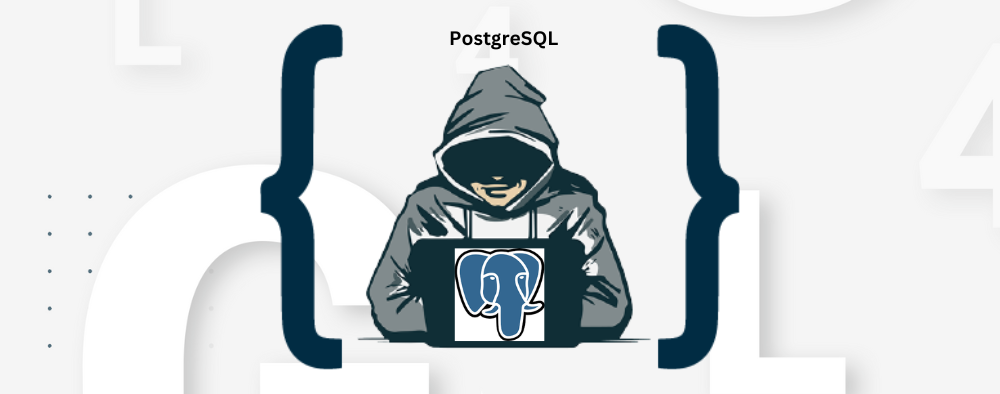
About this course:
PostgreSQL is a popular relational database management system (RDBMS). Our PostgreSQL tutorial provides basic and advanced concepts of PostgreSQL. In this tutorial, we are going to learn all the topics of PostgreSQL language, such as create a database, drop a database, select database, select table, update a record, create a table, delete record, drop table, triggers, functions, insert the record, procedures, cursors, etc.
Learning Units:
- Unit 1: Difference between PostgreSQL and SQL Server
- Unit 2: PostgreSQL Tutorial
- Unit 3: PostgreSQL Database
- Unit 4: PostgreSQL Table
- Unit 5: PostgreSQL Data Types
- Unit 6: PostgreSQL Schema
- Unit 7: PostgreSQL Queries
- Unit 8: PostgreSQL Clause
- Unit 9: PostgreSQL Conditions
- Unit 10: PostgreSQL Views
- Unit 11: PostgreSQL Join
- Unit 12: PostgreSQL Triggers
- Unit 13: PostgreSQL Indexes
- Unit 14: PostgreSQL Constraints
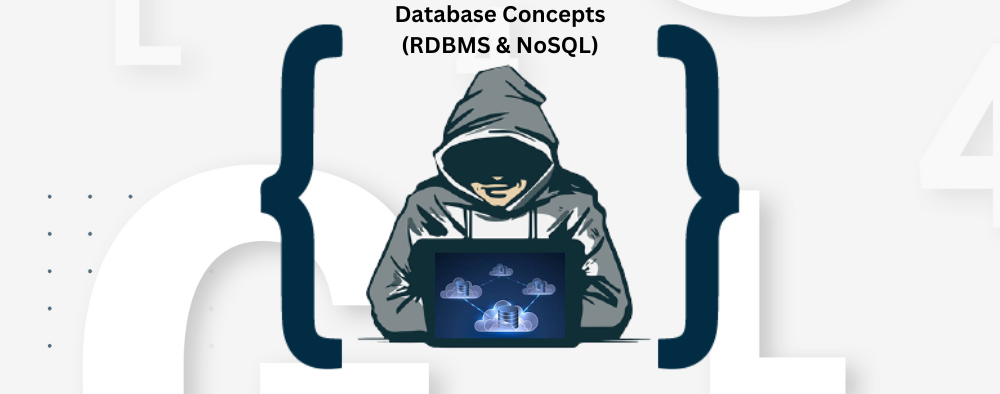
About this course:
PostgreSQL is a popular relational database management system (RDBMS). Our PostgreSQL tutorial provides basic and advanced concepts of PostgreSQL. In this tutorial, we are going to learn all the topics of PostgreSQL language, such as create a database, drop a database, select database, select table, update a record, create a table, delete record, drop table, triggers, functions, insert the record, procedures, cursors, etc.
Learning Units:
- Unit 1: Understanding Core Database Concepts
- Unit 2: Create Database Objects
- Unit 3: ACID and BASE
- Unit 4: Database Standards
- Unit 5: Database Architecture
- Unit6: Database Security
- Unit 7: Relational Databases
- Unit 8: NoSQL Databases
- Unit 9: Data Warehousing Databases
- Unit 10: Using SQL In Databases
- Unit 11: Database Programming
- Unit 12: Database Continuity
- Unit 13: Database Reliability
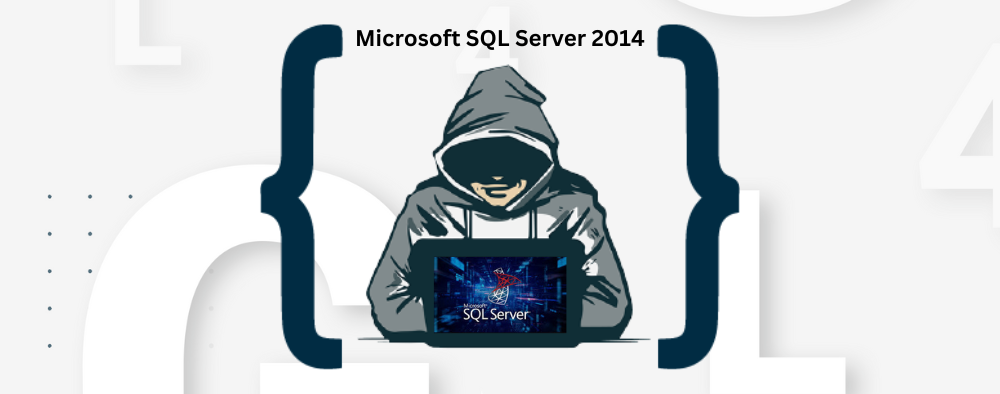
About this course:
This course is for anyone who is looking for a more in-depth look at SQL Server - looking to go further than just simply using a SELECT statement. This course will teach learners how to work with, manipulate and manage data in SQL Server. This course will go into the different ways you can use SQL and its applications in real life
Learning Units:
Unit 1: understanding core database concepts
Unit 2: create database objects
Unit 3: manipulate data
Unit 4: understand data storage
Unit 5: administer a database
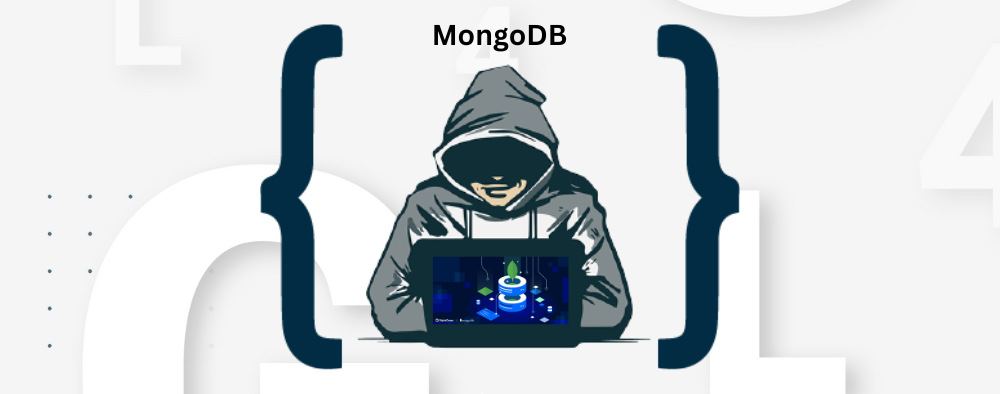
About this Course:
In this course we'll start by mastering the fundamentals of MongoDB, including implementing the basic AngularJS portions of an application, routing, functions and service integration.. These topics will be taught through a demo application which will give you a great first encounter of how simple and practical it can be to build applications with MongoDB.
Learning Units:
- Unit 1: NoSQL
- Unit 2: MongoDB and AngularJS
- Unit 3: Going live in MongoDB
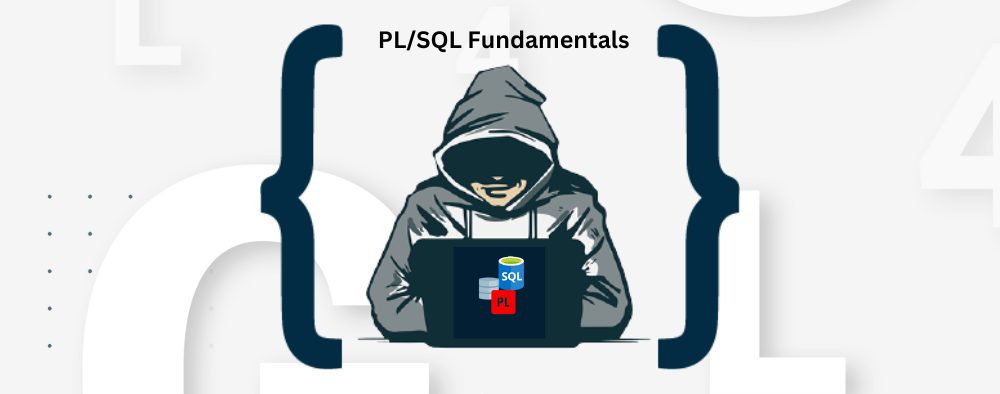
About this course:
The PL/SQL course is for anyone who is keen on learning the fundamentals of PL/SQL in Oracle. PL/SQL is a procedural extension for SQL and the Oracle database, made by Oracle. Pl/SQL can boost productivity as well as save time on design and debugging. Learning PL/SQL goes a long way in learning about databases,
Learning Units:
Unit 1: PL/SQL Fundamentals
Unit 2: PL/SQL Data Types
Unit 3: Flow Control
Unit 4: Cursors
Unit 5: Handling Runtime Errors
Unit 6: Stored Procedures and Functions
Unit 7: Working with Composite Data Types
Unit 8: PL/SQL Variables
Unit 9: Anonymous PL/SQL Blocks
Unit 10: Declare Identifiers and Trap Exceptions
Unit 11 Triggers
Unit 12: Using Dynamic SQL
Unit 13: PL/SQL Packages